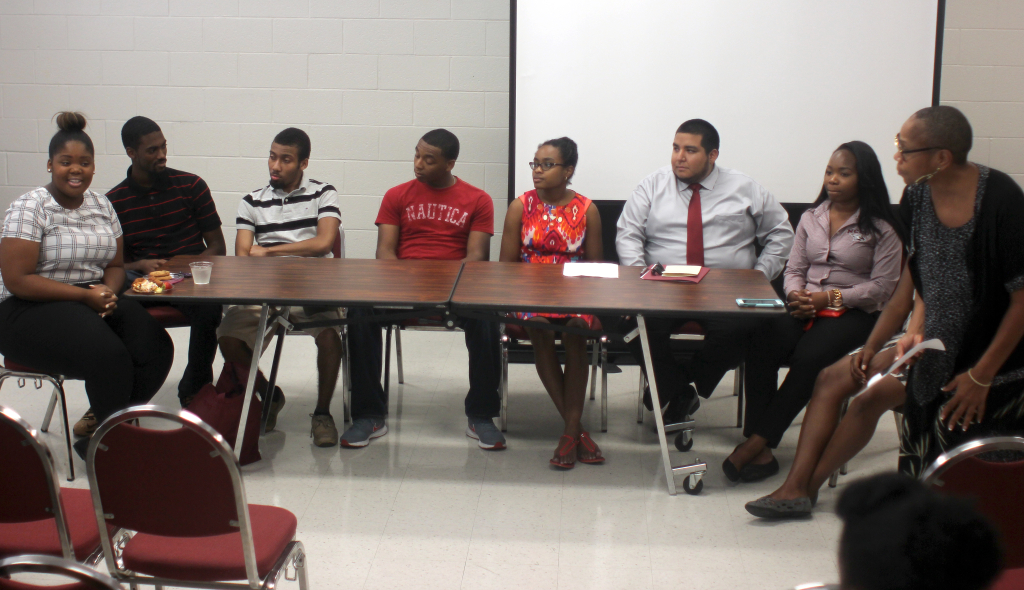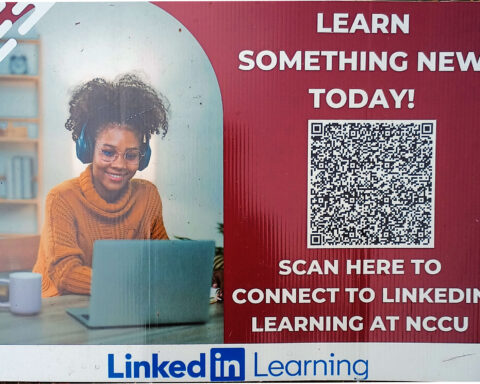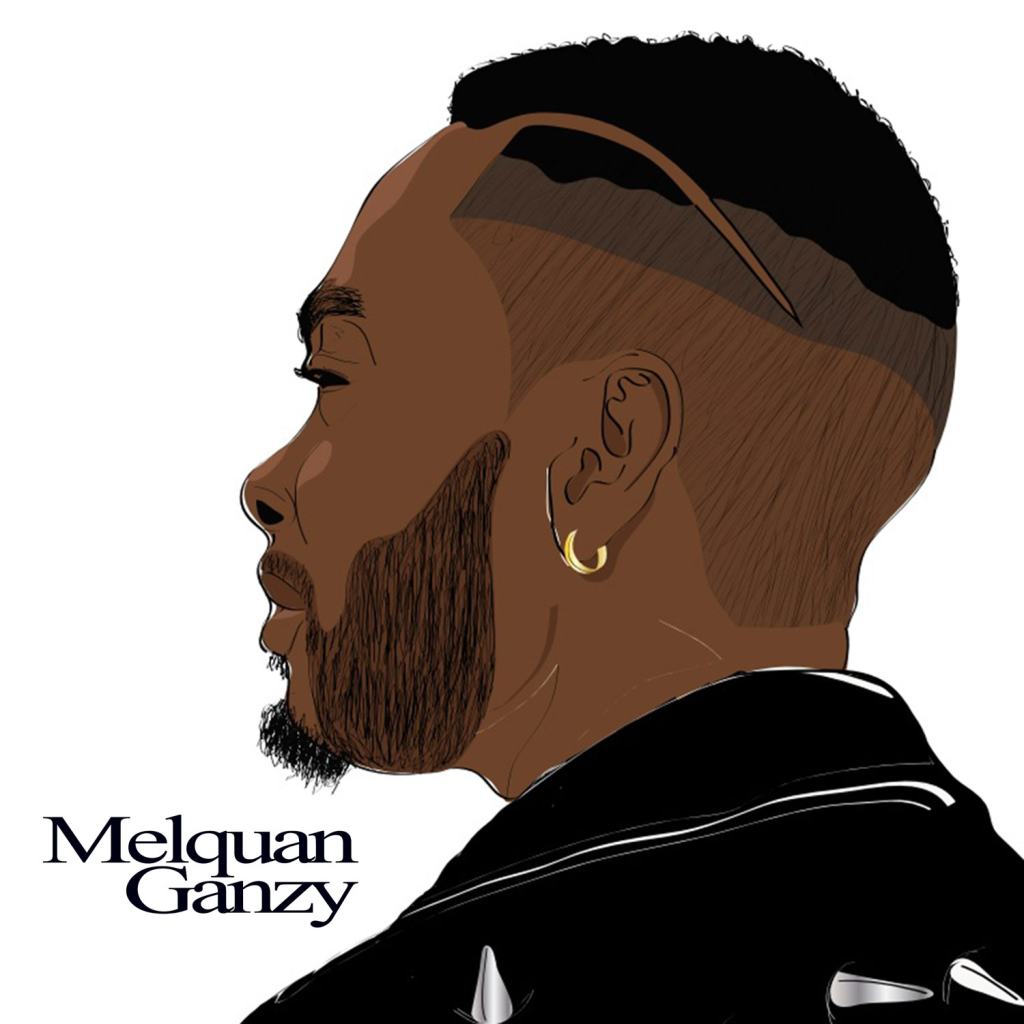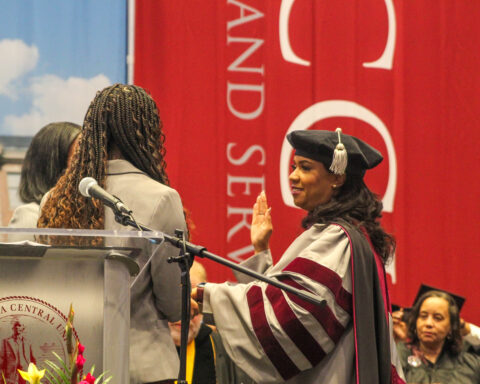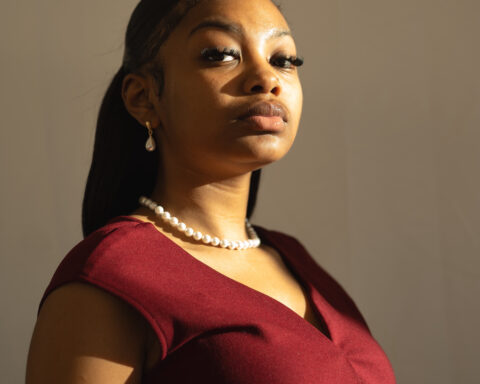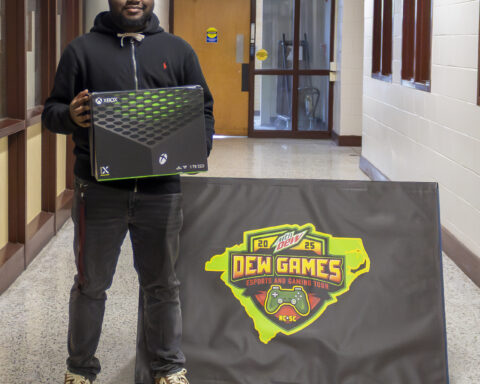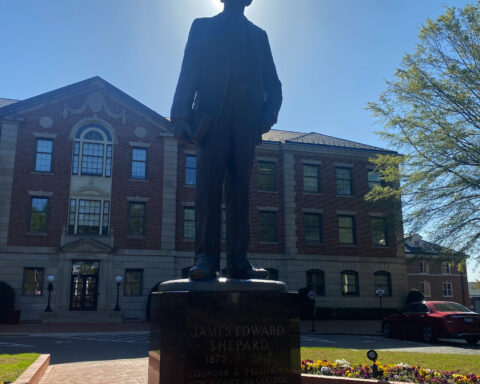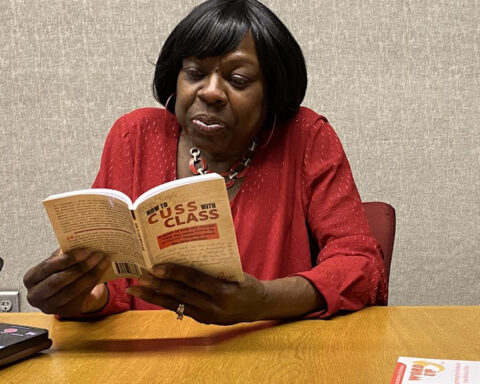Seven N.C. Central University science, technology, engineering and math students (STEM) were able to showcase the work they produced during summer internships at a Sept. 18 event called “I Know What You Did Last Summer.” The event, held in the Alfonso Elder Student Union, showcased both inventions and research studies with oral presentations, poster boards, and a panel discussion.
The seven students interned not just in North Carolina at Duke University and UNC-Chapel Hill, but also in Washington, D.C. and New York working under mentor or with academic teams.
Sarah Warren, a third year architectural engineer major, showcased a door bell that got a lot of praise from the audience. The doorbell, which she called the “censored doorbell,” “gives the home owner more visitor control,” said Warren.
“My family experienced three break-ins in just three years,” said Warren, explaining the inspiration behind her invention. The doorbell can be programmed to open only for approved fingerprints. If the fingerprint is not recognized, a camera switches on to reveal the individual at the door.
The device, which comes with a handheld controller, cost Warren just $60 to develop. Warren said she spent one year developing her censored doorbell.
A member of the NCCU Fab Lab, Sharif Thompson also presented an invention: a fashion bracelet with a twist. The bracelet features a button with Bluetooth connection, so whenever the button is pushed, your location will be sent to 911 and two other contacts of your choosing. It is currently in the process of being patented, and was also presented in Washington at the HBCU Hackathon.
Another presentation somewhat outside the STEM field was by psychology sophomore Kianda Hicks. Her researcher revealed that while the majority of people in her survey of Triangle residents responded ‘yes’ to liking healthy fruits and vegetables, they also said that they did not often buy fruits and vegetables.
Hicks concluded it has to do with people’s perception of price, time and transportation. Individuals perceive that healthy, fresh fruits and vegetables are expensive and the stores that carry them are hard to get to. In the Q&A one audiences member pointed out that 24-hour convenience markets often carry fruits and vegetables. “Many reported barriers such as time, transportation and cost,” said Hicks, “but that’s often an excuse.”
At the panel discussion, led by Delores Grant, a professor in the Department of Biomedical and Biological Sciences, audience members were able to ask presenters on their findings or inventions, and also about their internship experiences.
One humorous question was asked: “We know what you did last summer, now what will you be doing this summer?” The answer was unanimous. All the students hoped to intern again, this time with an ivy league or out-of-state university.
The students also had advice for those hoping to intern in the STEM field, such as making connections and utilizing resources. They suggested that individuals select something they love, be open minded, and start early.
When asked about challenges they encountered by one audience member, they said scientific writing and writing manuscripts as the biggest challenge. Another was was adjusting to the work environment and having to work solo on some tasks.
One STEM, who worked at Columbia University, said that she most enjoyed living in New York, being independent, and riding the subway – all things she’s never done before.

